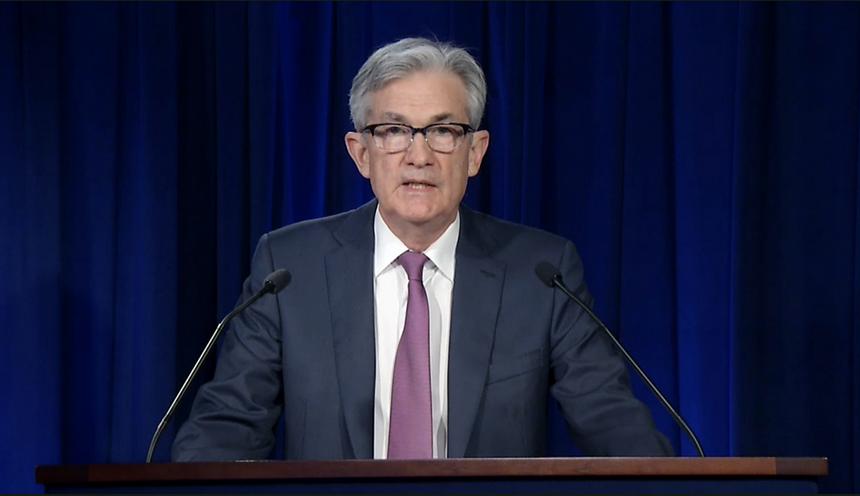FMW-Redaktion
Das US-Verbrauchervertrauen Uni Michigan (März, 1.Veröffentlichung) ist mit 102,0 besser ausgefallen als erwartet (Prognose war 99,3; Vormonat war 99,7). Das ist der höchste Stand seit dem Jahr 2004!
Die Erwartungen liegen bei 88,6 (Prognose war 89,8; Vormonat war 90,0)
Die Einschätzung der aktuellen Lage liegt bei 122,8 (Prognose war 114,85Vormonat war 114,9) – das ist ein Allzeithoch! Sicher Folge der Steuersenkungen..
Dazu schreibt Richard Curtin, der die Umfrage verantwortet:
„Consumer sentiment rose in early March to its highest level since 2004 due to a new all-time record favorable assessment of current economic conditions. All of the gain in the Sentiment Index was among households with incomes in the bottom third (+15.7), while the economic assessments of those with incomes in the top third posted a significant monthly decline (-7.3). The decline among upper income consumers was focused on the outlook for the economy and their personal finances. Consumers continued to adjust their expectations in reaction to new economic policies. In early March, favorable mentions of the tax reform legislation were offset by unfavorable references to the tariffs on steel and aluminum-each was spontaneously cited by one-in-five consumers. Importantly, near term inflation expectations jumped to their highest level in several years, and interest rates were expected to increase by the largest proportion since 2004. These trends have prompted consumers to more favorably cite buying as well as borrowing in advance of those expected increases. While income gains are still anticipated, the March survey found that the size of the expected income increase returned to the lows recorded in the past year. Among the top-third income households, income expectations fell more and inflation expectations rose more; as these households account for more than half of all consumption expenditures, the data suggest that the relative lull in consumption in the 1st quarter may persist for another quarter.“
Kommentare lesen und schreiben, hier klicken












